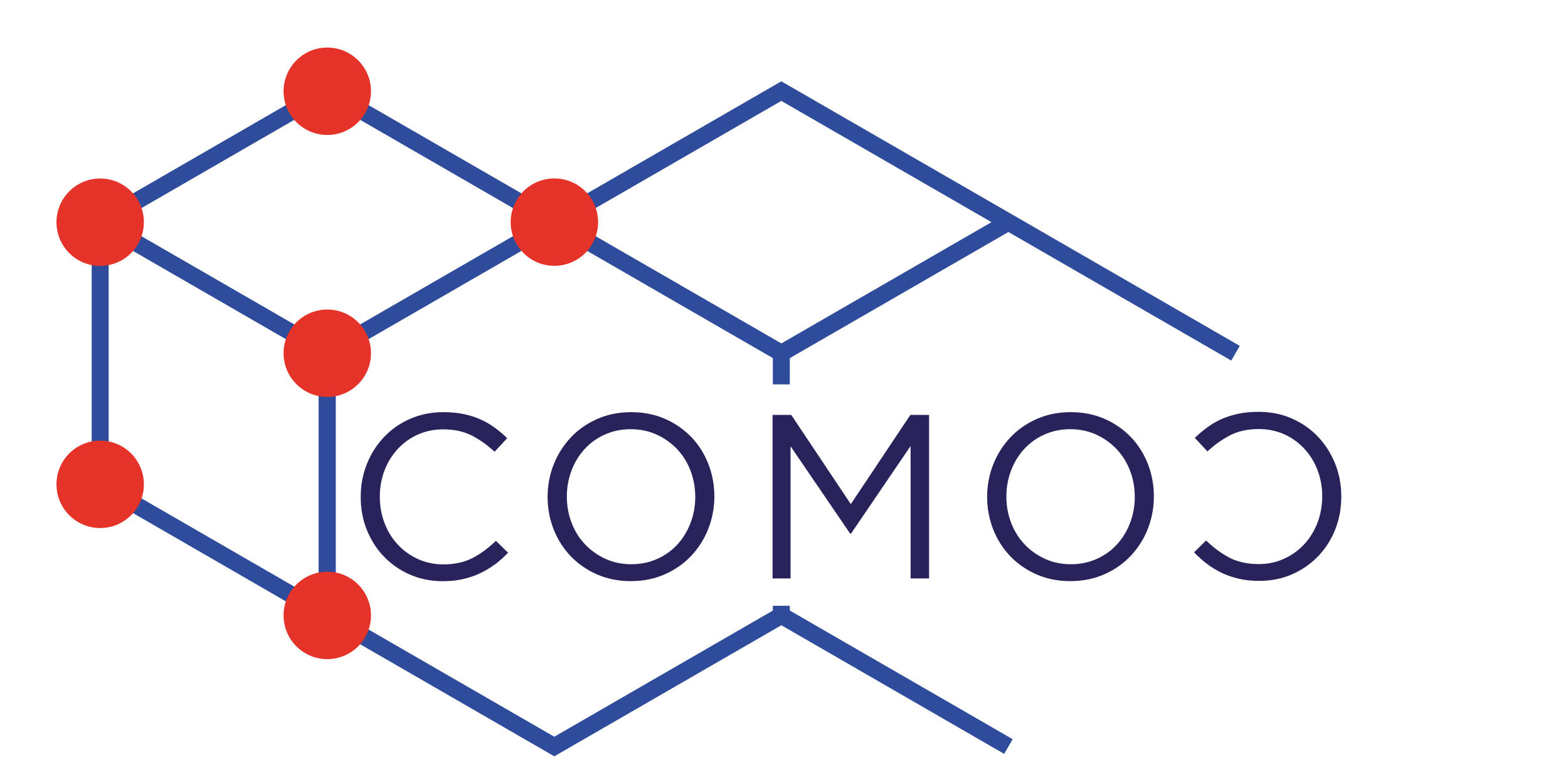Robust covalent organic frameworks for adsorption applications in various media
Gilles Matthys- Gilles.Matthys [at] UGent.be
Covalent Organic Frameworks (COFs) represent a promising class of crystalline porous materials. Their unique feature lies in the ability to tailor their design according to specific requirements. Among COFs, those linked by imine bonds have attracted significant attention due to their reversibility and relatively straightforward synthesis. However, imine linkages...
Research topics
Custom gas diffusion electrodes based on covalent organic frameworks for stable CO2 reduction
Andreas Laemont - andreas.laemont [at] ugent.be
Electrochemical CO2 reduction is a green and scalable way of converting CO2 to base chemicals such as carbon monoxide or formic acid. Intense research efforts are spent to discover new electrocatalysts for his process. In comparison, far less attention is spent on the design of the gas diffusion electrode (GDE). Recent publications...
Totally Conjugated and Coplanar Covalent Organic Frameworks as Photocatalysts for Water Purification: Reduction of Cr (VI) while Oxidizing Water Borne Organic Pollutants
Linyang Wang - Linyang.Wang [at] UGent.be
Covalent organic frameworks (COFs) are excellent porous photocatalysts due to their large surface area, structural regularity, tailorable functionalities, and strong light-harvesting properties. The chemical and hydrolytic stability and photocatalytic performance of COFs...
Metal-organic frameworks for photo(catalysis) and photoluminescence applications
Wafaa Ahmed - Wafaa.Ahmed [at] UGent.be
Metal-organic frameworks (MOFs) are tunable for many applications. Bismuth-based MOFs (Bi-MOFs) are underexplored despite their immense application potential. My research focuses on designing new Bi-MOFs, particularly for gas adsorption, catalysis, and photoluminescence. We developed a novel robust Bi-MOF containing a flexible triazine-based tricarboxylate linker [Bi...


.jpg)